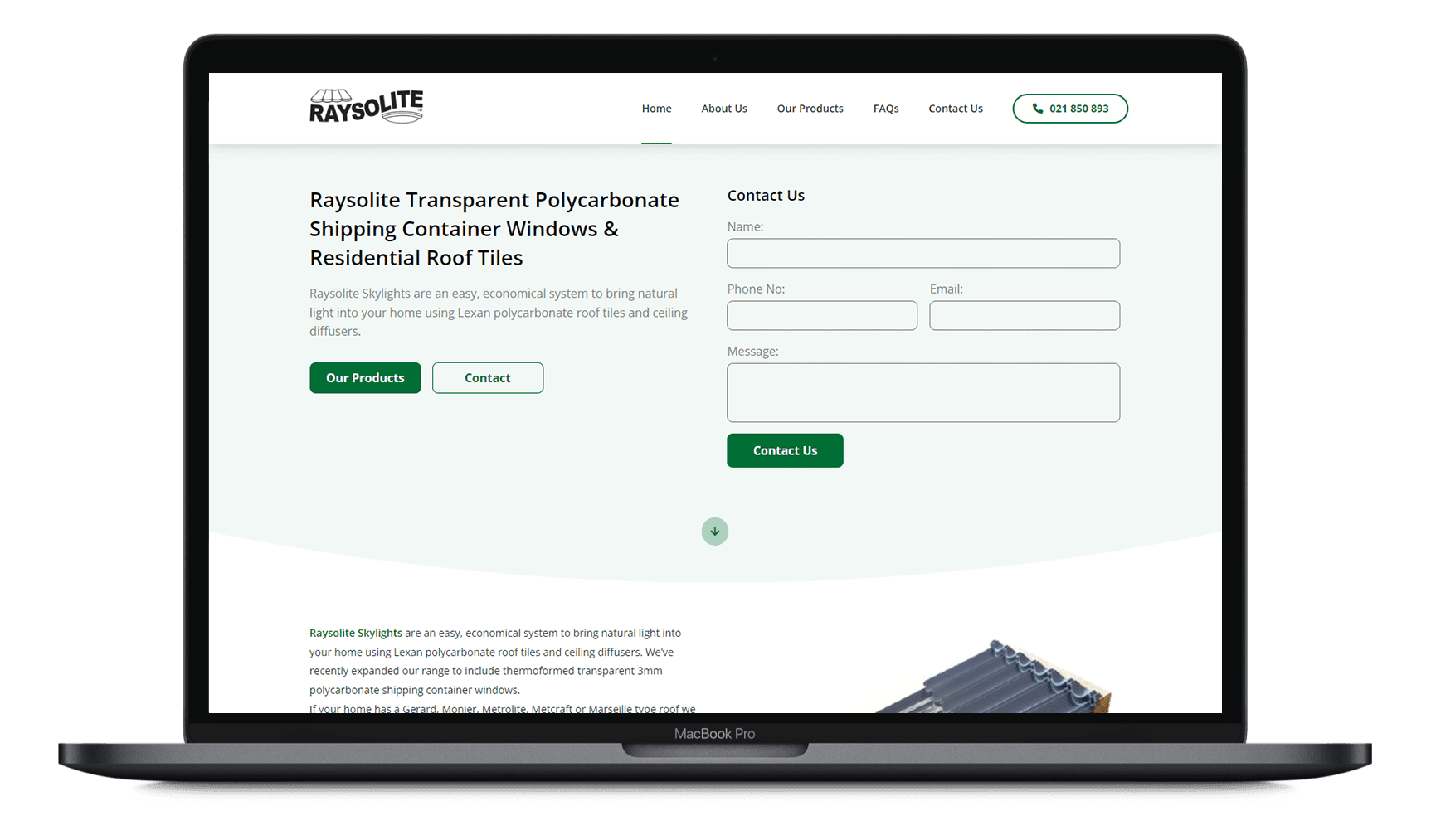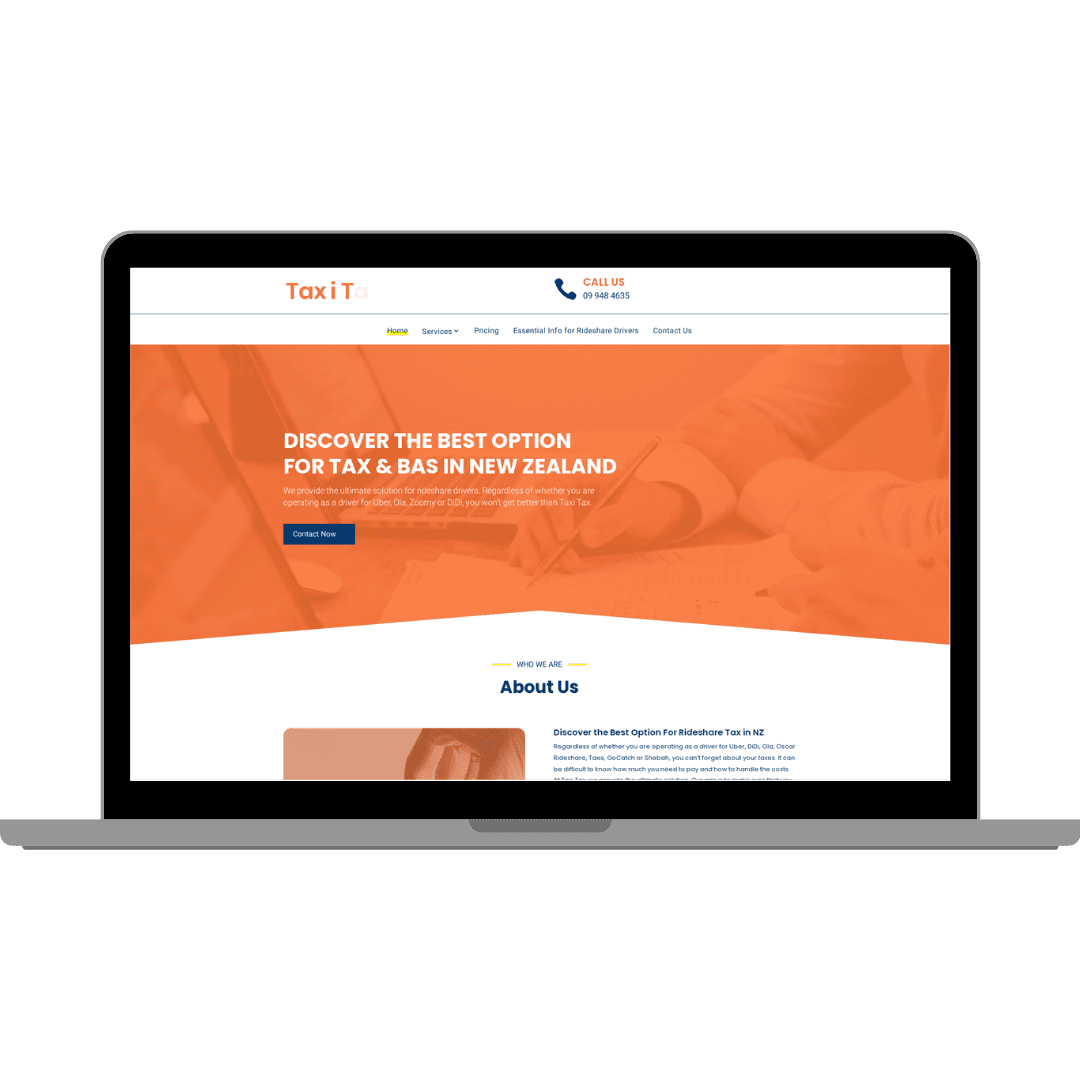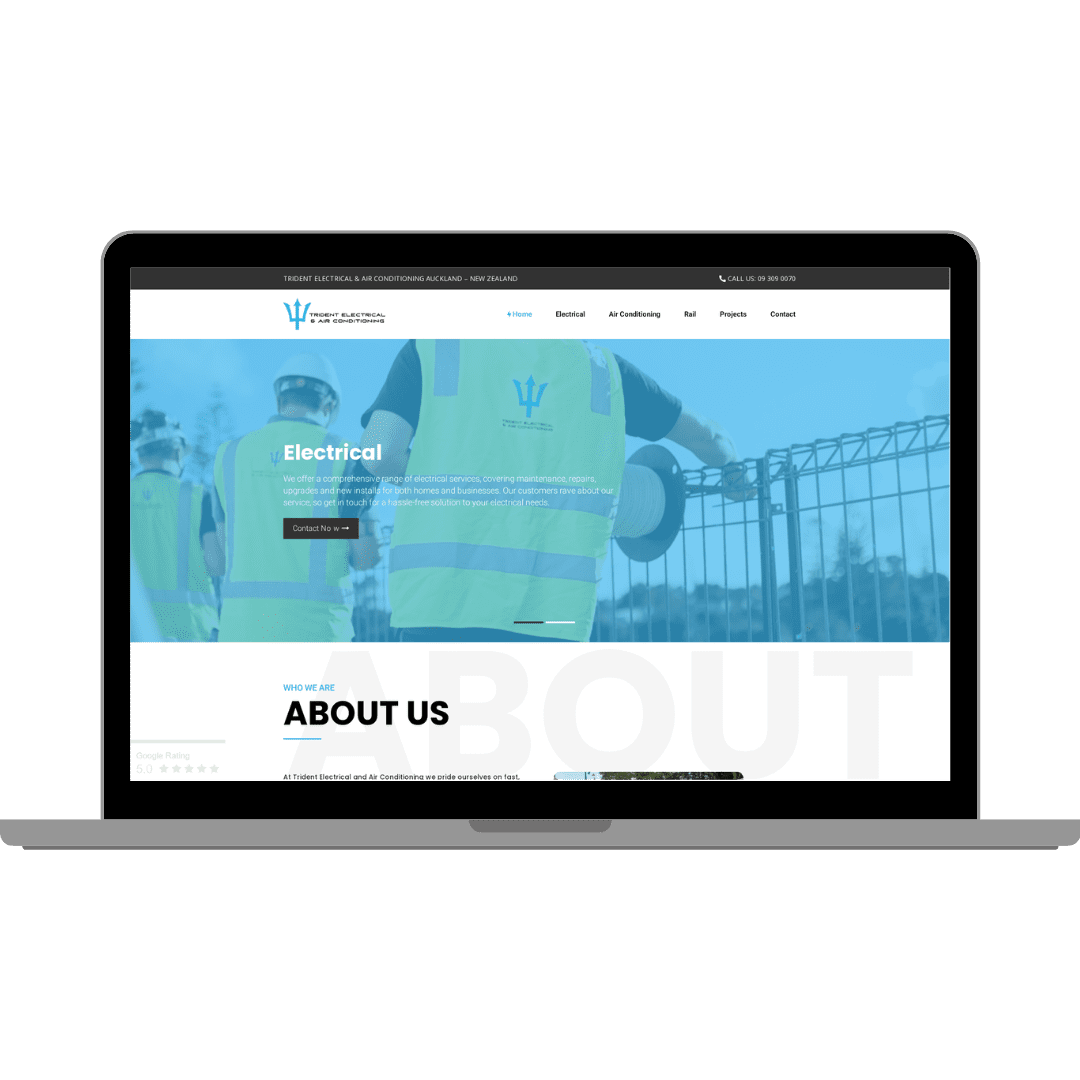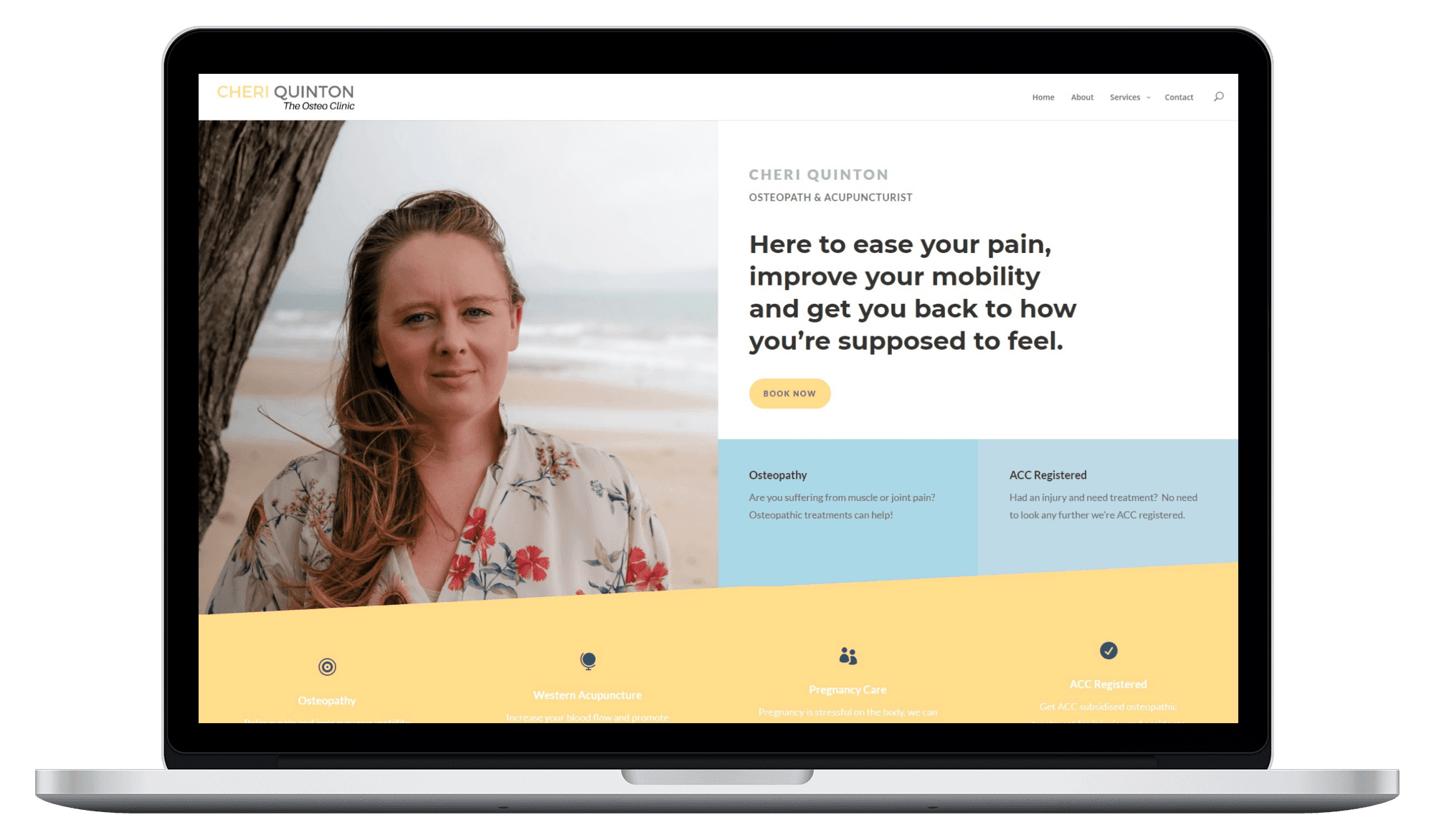Over 40% of the mobile OS market in both NZ and Australia has been taken up by Apple’s iOS. Millions of users are now being prompted to opt-in or opt-out of multi-site/app tracking through IDFA, a unique tracking code that is applied to an individual. This identifier has been used to track the customer journey from their initial interaction through to any goal completion and remarketing.
Some experts are estimating opt-out rates to be over 80%, meaning that tracking user journeys and applying accurate attribution to your marketing efforts just got a lot more difficult.
Advertising providers, such as Facebook, are already opposing the changes, knowing that it will significantly affect the effectiveness of ads through their platform and audience network. Likely leading to a drop in ad sales, and ultimately their revenue. But I do want to make it clear, if you’ve read the headlines: Safari now blocks Google Analytics, this is incorrect. iOS 14 is NOT about blocking tracking and ultimately about securing their users privacy.
So what does it all mean?
Well, it means that there is going to be a rough patch for digital marketers like ourselves. It’s going to be harder and a little more complex to generate the same results and efficiency from our efforts and of course that does mean a potential drop in ROI from avenues like Facebook Ads and Google Ads. At least temporarily…
After a little bit of backlash Apple pushed back the release of the restricted access to Apple ID for Advertisers (IDFA), ultimately giving developers a chance to migrate to more privacy conscious alternatives.
What is IDFA?
I touched on this in both the previous and opening paragraphs, but IDFA stands for Apple ID for Advertisers and assigns a unique tracking code to each iOS user. This is then used by advertising agencies such as Facebook and Google to track preferences and provide personalised advertisements. It is also used to track a users interaction with those advertisements and applies tags for remarketing. Ultimately, it determines the ads you see.
Knowledge is Power
It might not be the sexiest part of any marketing campaign but its essential if you want to have a successful campaign. So if you’ve identified with the first problem: you don’t know your customers well. Then lucky for you, digital marketing can help.
You might have heard someone talk about developing customer profiles or personas, I do this for and with my clients, but at the end of the day, these are a starting point and should be viewed as something fluid. Your customers are the ones spending the most time on your website and digital platforms and might not behave in the way you expect them to. That where data capture and split testing comes into its own.
The ability to test different images, language (tone and style), different layouts and even different pricing for products gives you a huge amount of insight into your customers. Testing all these while running an in-depth look at your customers’ journey through Google Analytics will arm you with all the knowledge you need to boost your website’s conversion, improve your offline marketing and even provide insights into how your customers will react to your products in-store.


































